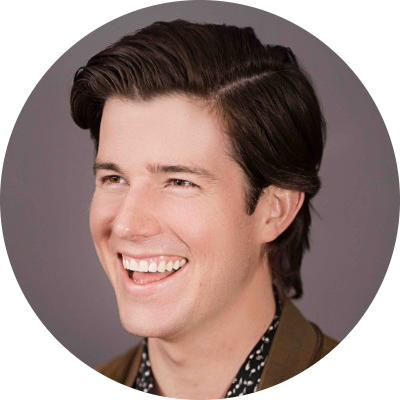Why employers like Nike are focused on providing ample mentorship opportunities

The ability to work from home has changed how we connect with our colleagues. Now — more than ever — employers are focused on how that could impact mentorship programs.
Experts say companies need to proactively help interested employees get on a mentorship path. In many cases, that’s meant working with a matchmaking platform to pair people together in the workplace. There are a number of these kinds of platforms, like Bolster which matches startups with external executives seeking mentoring or coaching gigs, and also 10KC which works with a number of Fortune 500 companies offering an all-in-one approach.
“If companies care about performance and retention, they need to make sure networks and mentors exist,” said Dave Wilkin, CEO of 10KC.
And employees equally want it. Not having mentorship in a remote working environment is leading to burnout and not having a clearly identified career path, as Digiday previously reported.
Wilkin grew up in rural Canada and saw the need to network and establish a mentor. He argued mentorship can also help with DE&I initiatives, helping groups come together to build skillsets and employee connectivity.
“I grew up in this really small town, was this science and math nerd and also gay,” said Wilkin. “I saw at a really young age that if you didn’t have mentors or networks, you just didn’t have opportunity and it was that simple.”
While nearly all companies can recognize the importance of mentorships, employers have to be thoughtful and strategic about them to avoid enabling biased dynamics.
“Even for people who are more introverted, building relationships it’s not as easy or comfortable as someone who might be very extroverted,” said Wilkin.
Another bias is most women might stick with women and men with men. A Lean In survey found that senior-level men are 12 times more hesitant to have one-on-one meetings with junior women. 10KC, which just announced it raised $56 million in equity funding, allows companies to build, manage and measure any type of mentoring connectivity or skills management program. Its range of programs encourages employers to ask questions ranging from how does a new hire accelerate their networks or how do you help an underrepresented employee get matched with a leader to drive their progression?
“If you leave it to just an HR person or a manager, we can’t just hope that it happens,” said Wilkin. “You can use technology to do it in a way better way.”
Nike partnered with 10KC to develop a 9-month program for employees that’s geared toward building trust in leadership, strengthening team-play mentality, and growing cross-cultural awareness. In its first cohort, Nike had over 1,000 employees sign up with a 98% rating by participants to continue the mentorship after the program. One response stated “most productive [session] yet! Cannot wait for my next one on one.”
“The program’s 98% match satisfaction rate helped us tell the story of ‘the why’ behind the numbers,” Crystal Neill, Nike’s global DE&I development senior manager said at an innovator spotlight event. “We were able to share packages with our internal stakeholders to show how the programming is impacting the bottom line.”
Nike is hoping its mentorship program helps it reach its 2025 target of having 50% representation of women in global corporate workforce and 45% in leadership positions, along with 30% of racial and ethnic minorities at director level and above in the U.S.
The matching works by taking things into consideration like career goals, interests, locations, business units and more. 10KC specifically offers a pride mentoring program, reverse mentoring and an onboarding program.
“It’s no longer single-point mentoring,” said Wilkin. “Five to 10 years ago it was single-point apps, not companies need to offer all different types of mentoring, employee connectivity and skills development in a single solution.”
